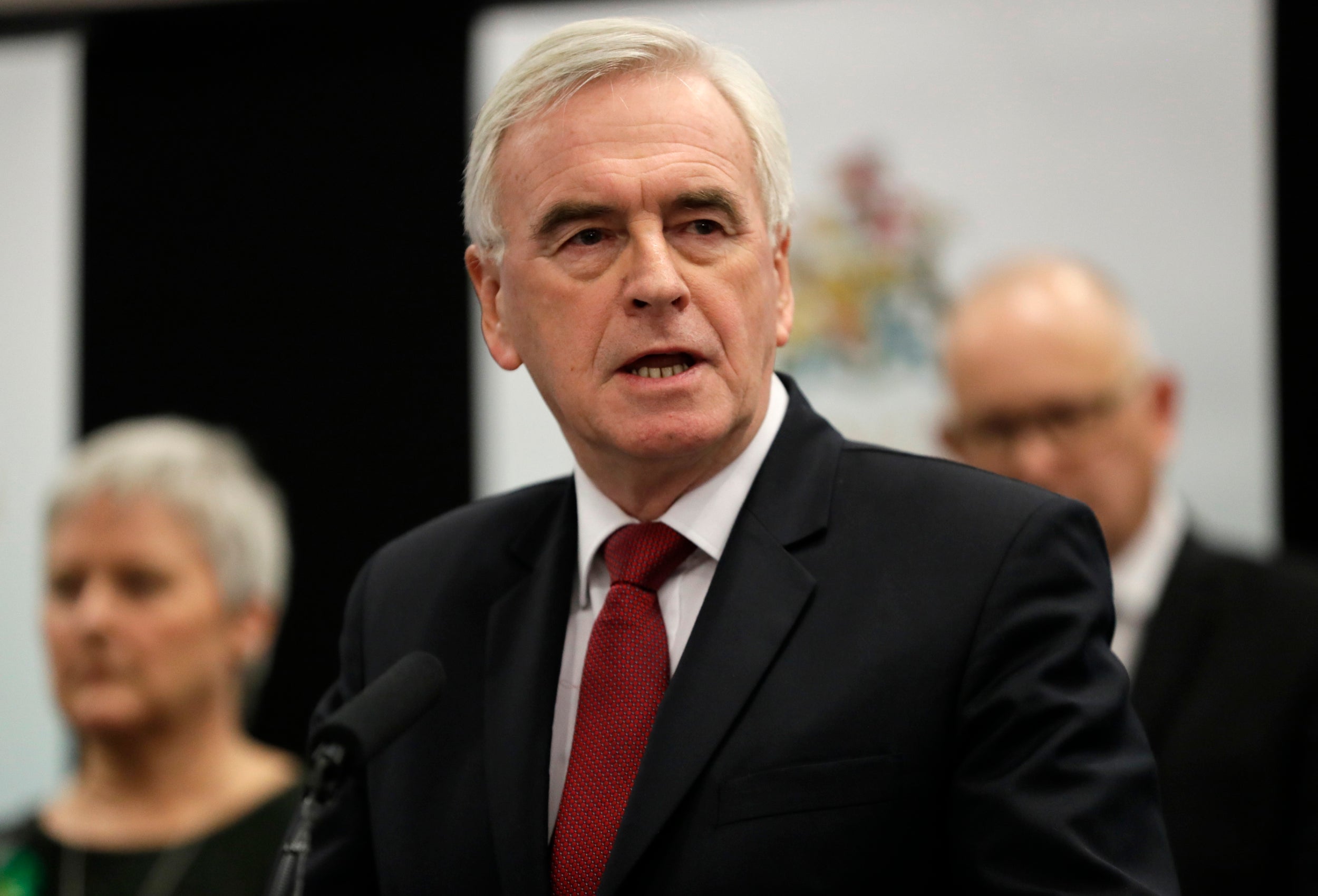Coronavirus could cut GDP growth by 0.5% this year, economic thinktank warns
Contagious disease and no-deal Brexit are biggest risks to UK economy, says Niesr

Your support helps us to tell the story
From reproductive rights to climate change to Big Tech, The Independent is on the ground when the story is developing. Whether it's investigating the financials of Elon Musk's pro-Trump PAC or producing our latest documentary, 'The A Word', which shines a light on the American women fighting for reproductive rights, we know how important it is to parse out the facts from the messaging.
At such a critical moment in US history, we need reporters on the ground. Your donation allows us to keep sending journalists to speak to both sides of the story.
The Independent is trusted by Americans across the entire political spectrum. And unlike many other quality news outlets, we choose not to lock Americans out of our reporting and analysis with paywalls. We believe quality journalism should be available to everyone, paid for by those who can afford it.
Your support makes all the difference.Coronavirus could knock half a percentage point off GDP growth in the UK this year, a respected economic thinktank has warned.
The National Institute for Economic and Social Research (Niesr) said that a contraction on this scale could add around £5 billion to the deficit.
The thinktank urged chancellor Rishi Sunak to use next week’s budget to tear up fiscal rules inherited from predecessor Sajid Javid which would limit his scope to invest by requiring him to keep current spending in balance over three years.
In its pre-budget report, Niesr forecast GDP growth of 1.3% in 2020, unchanged from 2019. But it said that this level of growth was at risk from the impact of coronavirus and the danger that the UK will fail to secure a trade deal with the EU by the end of the Brexit transition period in December.
In the long term, leaving the EU single market and customs union is expected to reduce GDP by 3–4 per cent compared to what it would have been had the UK remained in the EU, the thinktank said.
The report comes just days after the Organisation for Economic Co-operation and Development (OECD) cut its forecast of UK GDP growth in 2020 from 1 per cent to 0.8 per cent, warning that coronavirus poses a threat to economies around the world.
“As a very open economy, the UK is quite exposed to any sustained falls in world growth as a result of the coronavirus outbreak,” said the report.
“We estimate a downside risk of up to 0.5 per cent to UK GDP growth this year from a sustained economic impact from the coronavirus if the world growth slows by an equivalent amount.
“The impact on the current balance of a 0.5 percentage point hit on UK growth would be to add around £5 billion to the deficit - or 0.25% of GDP)
“The best response from the Chancellor is not to alter his expenditure plans and let debt rise temporarily.”
The potential impact from coronavirus makes “more likely” a quarter-point cut in the Bank of England’s base rate from 0.75 per cent to 0.5 per cent at the end of March, the report found.
Niesr said that Mr Javid’s fiscal rules appeared “arbitrary” and unnecessarily constricted Mr Sunak’s scope to expand day-to-day spending without tax rises, in a Budget intended to boost infrastructure investment and public services.
“This constraint is likely to limit the effectiveness of additional public investment,” warned the report. “Our forecast assumes that there will be some slippage in the current budget target.”
It added: “Overall, there appears to be a conflict between the government’s aim of increasing public investment by as much as was promised during the election campaign and the proposed fiscal rules.
“This calls into question the purpose of the fiscal rules if they are likely to limit worthwhile public investment. The main constraint on public sector investment should be whether it meets sensible investment criteria and not whether it violates arbitrary, self-imposed fiscal rules.”

Shadow chancellor John McDonnell said: “This analysis confirms yet again that coronavirus could have significant economic impacts, making it all the more disappointing that the chancellor has been silent on any economic plan to respond to the outbreak.
“As well as predicting poor growth under the Tories, the report casts serious doubt on whether the government will be able to deliver on its investment promises.
“The report recommends that the government adopts Labour’s public sector balance sheet fiscal rule, suggesting that the only major announcements in this budget are likely to be ideas copied from Labour as the Government flounders at a time of crisis.”
Join our commenting forum
Join thought-provoking conversations, follow other Independent readers and see their replies
Comments